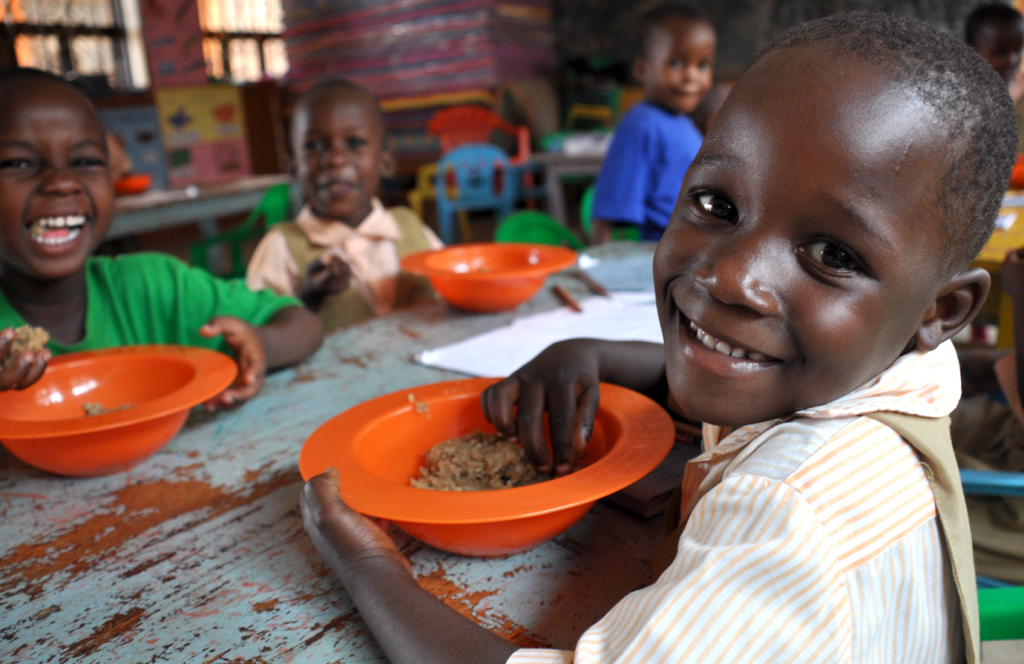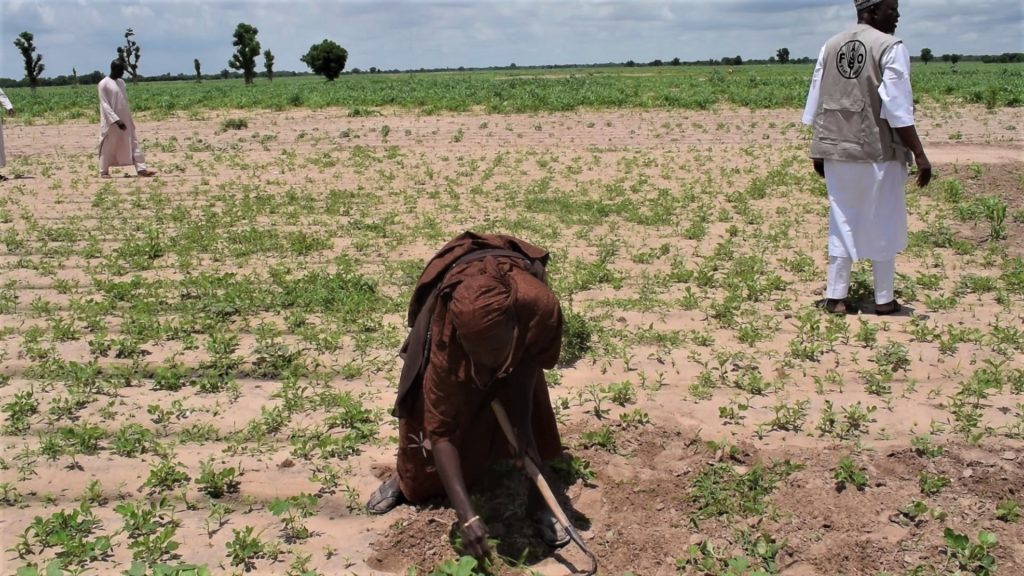Sustainable Nutrition for Children: A case for National Home Grown School Feeding Programmes
Image Source: Prime Progress NG Nigeria stands at a critical juncture, facing the challenges of a rapidly changing climate and a persistent burden of child malnutrition. The country’s food systems, which see a large proportion of small-scale farmers depend on rain-fed farming, render it vulnerable to the disruptions caused by climate change. With the weather […]








